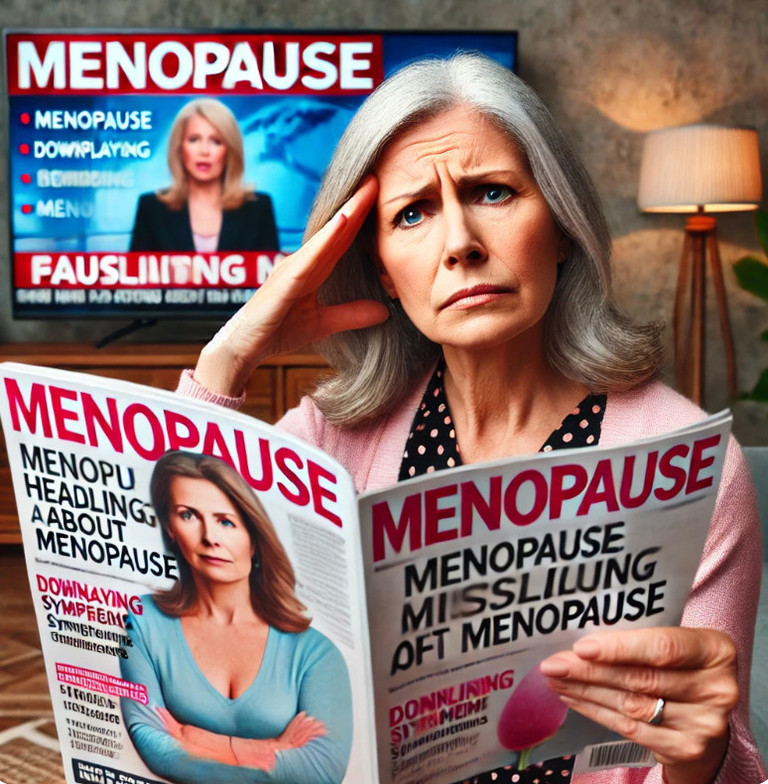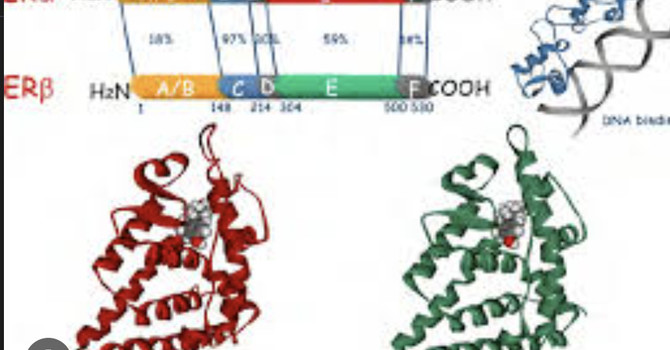
As an OB-GYN specializing in Bioidentical Hormone Replacement Therapy (BHRT), I am compelled to address the recent article in The Guardian that attempts to discredit the importance of testosterone in women's health. While it is crucial to ensure responsible prescribing practices, it is equally important to highlight the significant role testosterone plays in women's well-being.
Testosterone: More Than Just a "Male Hormone"
Testosterone is often misunderstood as a hormone exclusive to men, but this is far from the truth. Women produce testosterone naturally, and it is the most abundant biologically active hormone in their bodies prior to perimenopause and menopause. In fact, women have more testosterone than estrogen throughout their reproductive years. Despite having only a fraction of the testosterone levels found in men, this hormone is vital for various physiological functions in women.
The Multifaceted Benefits of Testosterone for Women
Testosterone impacts several critical aspects of women's health, including:
- Brain Function: Testosterone is essential for cognitive functions such as memory, concentration, and mood regulation. It helps alleviate symptoms of depression and anxiety, contributing to overall mental well-being.
- Muscle and Bone Health: This hormone plays a crucial role in maintaining muscle mass and bone density. Adequate testosterone levels help prevent muscle weakness and bone loss, reducing the risk of osteoporosis and frailty.
- Sexual Health: Testosterone significantly influences sexual desire and arousal. Many women experience a decline in libido during perimenopause and menopause, and testosterone therapy can help restore sexual function and satisfaction.
- Energy and Vitality: Women with low testosterone often report fatigue and a general sense of lethargy. Appropriate testosterone therapy can enhance energy levels and improve overall vitality.
Addressing the Concerns Raised by The Guardian
The Guardian article raises concerns about the potential over-prescription of testosterone for middle-aged women. While it is essential to avoid indiscriminate prescribing, it is equally important not to dismiss the hormone's benefits due to a lack of specific research and products tailored for women. Testosterone has been used in the treatment of women for over 50 years, and its therapeutic potential should not be overlooked.
The Need for Responsible and Informed Use
To ensure the safe and effective use of testosterone in women, the following practices should be emphasized:
- Comprehensive Evaluation: A thorough evaluation of the patient's hormonal profile, symptoms, and overall health is essential before initiating testosterone therapy.
- Personalized Treatment Plans: Each woman's hormonal needs are unique. Personalized treatment plans should be developed to address individual symptoms and health goals.
- Regular Monitoring: Monitoring of symptoms is crucial to adjust dosages and ensure optimal outcomes.
- Education and Communication: Educating patients about the benefits and potential risks of testosterone therapy fosters informed decision-making and promotes adherence to treatment plans.
Conclusion
Testosterone is a critical hormone that significantly impacts women's health, particularly during the transitional phases of perimenopause and menopause. While it is important to address concerns about over-prescription, it is equally vital to recognize the legitimate and beneficial role that testosterone can play in improving the quality of life for many women. As an physician committed to women's health, I advocate for a balanced and evidence-based approach to testosterone therapy, ensuring that it is used responsibly and effectively to enhance the well-being of my patients.
Dr. Anat Sapan MD, specializing in peri/menopause care, advocates for a personalized approach combining Bioidentical Hormone Replacement Therapy with lifestyle strategies. Her telemedicine services in California, Florida, Illinois and New York. I aim to help women overcome menopausal symptoms and enhance their quality of life.

Anat Sapan, MD
Contact Me



